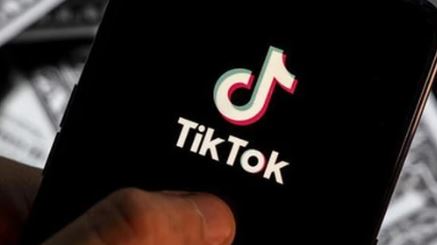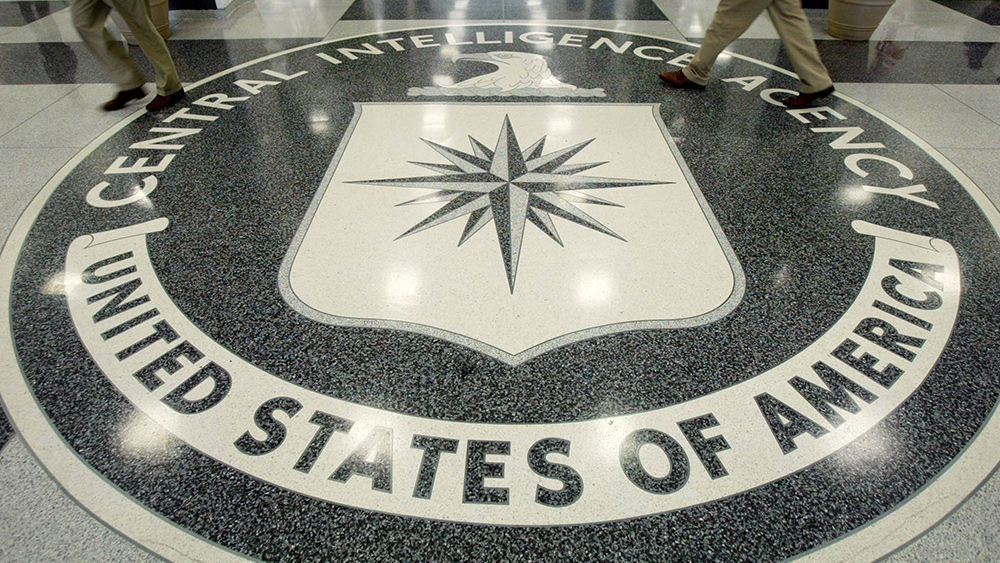Biden approves legislation reauthorizing and broadening government’s ability TO SPY ON AMERICANS without a warrant
05/13/2024 / By Laura Harris
President Joe Biden has quietly signed legislation reauthorizing and broadening the government’s ability to conduct warrantless surveillance on American communications, facing backlash among critics and privacy experts.
The legislation, signed on April 20, reauthorizes Section 702 of the Foreign Intelligence Surveillance Act (FISA) with expanded authority to compel a wider range of businesses to collect communications on United States citizens when they are in contact with foreigners. In other words, any company hosting any communication service, like a business that provides customer Wi-Fi, will be forced to surrender surveillance data to the National Security Agency (NSA) on demand.
“Buried in the Section 702 reauthorization bill (RISAA) passed by the House on Friday is the biggest expansion of domestic surveillance since the Patriot Act. Senator [Ron] Wyden calls this power ‘terrifying,’ and he’s right,” warned Elizabeth Goitein, co-director of the Liberty and National Security Program at the Brennan Center for Justice. (Related: New FISA bill includes “vast” expansion of surveillance powers, forcing U.S. businesses to “become NSA spies.”)
“Under current law, the government can compel ‘electronic communications service providers’ that have direct access to communications to assist the NSA in conducting Section 702 surveillance,” Goitein continued. “In practice, that means companies like Verizon and Google must turn over the communications of the targets of Section 702 surveillance. The targets must be foreigners overseas, although the communications can – and do – include communications with Americans.”
Although the amendment delineates certain types of businesses exempt from being classified as “Electronic Communication Service Providers,” such as public accommodations, dwellings, and restaurants, law firm ZwillGen underlines that the legislation still grants the government the authority to enlist “a wide range of additional entities and persons in conducting surveillance under FISA 702.”
“The breadth of the new definition is obvious from the fact that the drafters felt compelled to exclude such ordinary places such as senior centers, hotels, and coffee shops. But for these specific exceptions, the scope of the new definition would cover them – and scores of businesses that did not receive a specific exemption remain within its purview,” ZwillGen explained in a blog post.
Legal experts stated that entities potentially subject to surveillance under the amendment include “the owners and operators of facilities that house equipment used to store or carry data, such as data centers and buildings owned by commercial landlords,” alongside individuals with access to such infrastructure, such as “delivery personnel, cleaning contractors, and utility providers.”
Furthermore, ZwillGen highlighted the unsettling reality that “any U.S. business could have its communications” intercepted by a landlord with access to office wiring or the data centers where their computer systems are housed, particularly if communications involve foreigners.
FBI and CIA use FISA surveillance powers to unconstitutionally spy on Americans
Section 702 of FISA, originally passed in 2008, authorizes the NSA to collect communications of foreigners overseas without warrants. However, this surveillance often incidentally captures vast amounts of American communications.
In 2023, the Federal Bureau of Investigation (FBI) unconstitutionally spied on Americans, including Rep. Darin LaHood (R-IL), who serves on the Permanent Select Committee on Intelligence and the Committee on the Chinese Communist Party, as well as Americans present at or near the Capitol on January 6, 2021.
“Although ostensibly targeted at foreigners, Section 702 surveillance inevitably sweeps in massive amounts of Americans’ communications,” Goitein said. “Recognizing the impact on Americans’ privacy, Congress required the NSA to ‘minimize’ the sharing, retention, and use of this ‘incidentally’ collected U.S. person data. But the government and the FISA Court have embraced an interpretation of ‘minimize’ that is remarkably… maximal.”
“The NSA shares raw data with multiple other agencies – including the FBI and the [Central Intelligence Agency] – and all of them retain the data for a functional minimum of five years. Moreover, the FBI routinely combs through it looking for Americans’ communications to use in purely domestic cases, even in situations where the FBI lacks a factual predicate to open a full investigation.”
Surveillance.news has more stories about how the government violates the privacy of Americans.
Watch the video below that talks about how the members of Congress will allow the FBI to spy on Americans, except them.
This video is from the High Hopes channel on Brighteon.com.
More related stories:
ADL calls for warrantless FISA spying on U.S. students, peace activists.
Congress approves extension of U.S. government’s warrantless surveillance powers despite opposition.
Sources include:
Submit a correction >>
Tagged Under:
big government, cyber war, deep state, FBI, fisa, Foreign Intelligence Surveillance Act, Glitch, insanity, Joe Biden, national security, National Security Agency, NSA, Orwellian, police state, precrime, Privacy rights, privacy watch, Section 702, speech police, spy gate, surveillance, thought police, tyranny, watched
This article may contain statements that reflect the opinion of the author
RECENT NEWS & ARTICLES
COPYRIGHT © 2018 WATCHED.NEWS
All content posted on this site is protected under Free Speech. Watched.news is not responsible for content written by contributing authors. The information on this site is provided for educational and entertainment purposes only. It is not intended as a substitute for professional advice of any kind. Watched.news assumes no responsibility for the use or misuse of this material. All trademarks, registered trademarks and service marks mentioned on this site are the property of their respective owners.

















